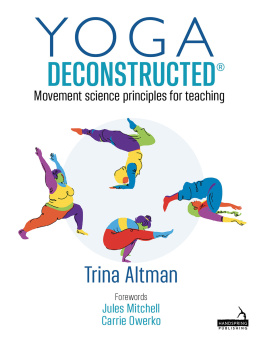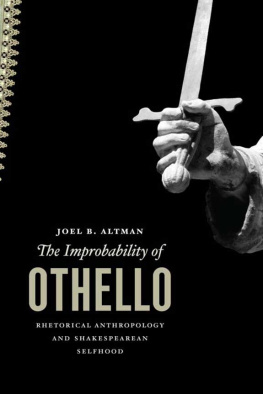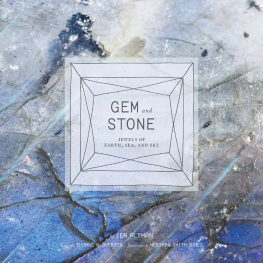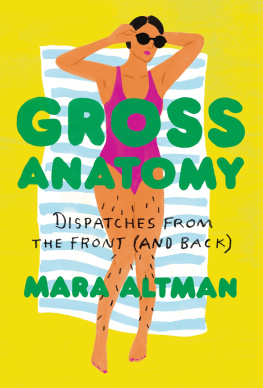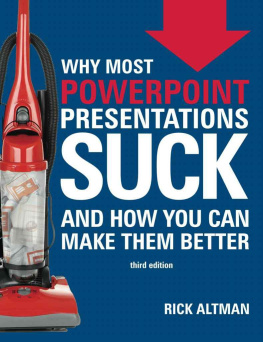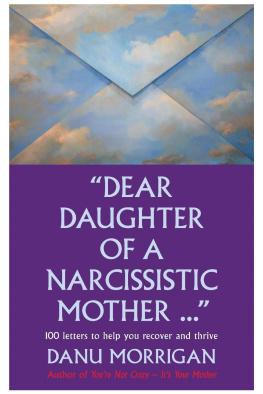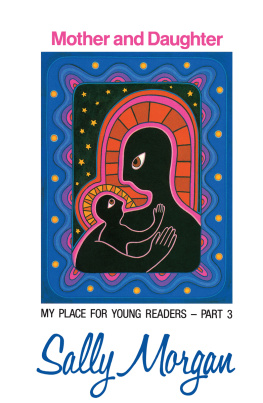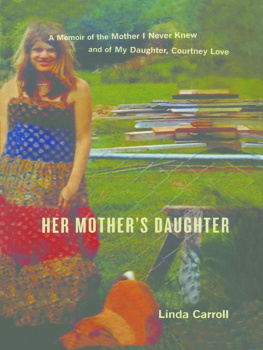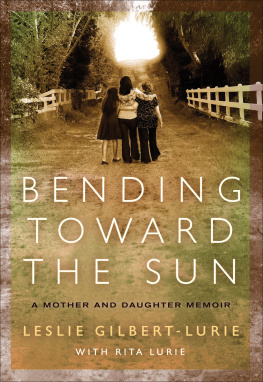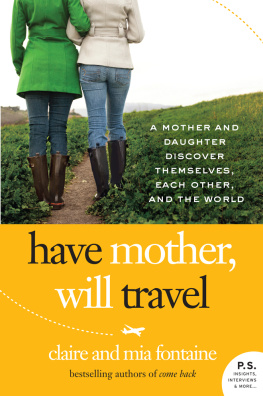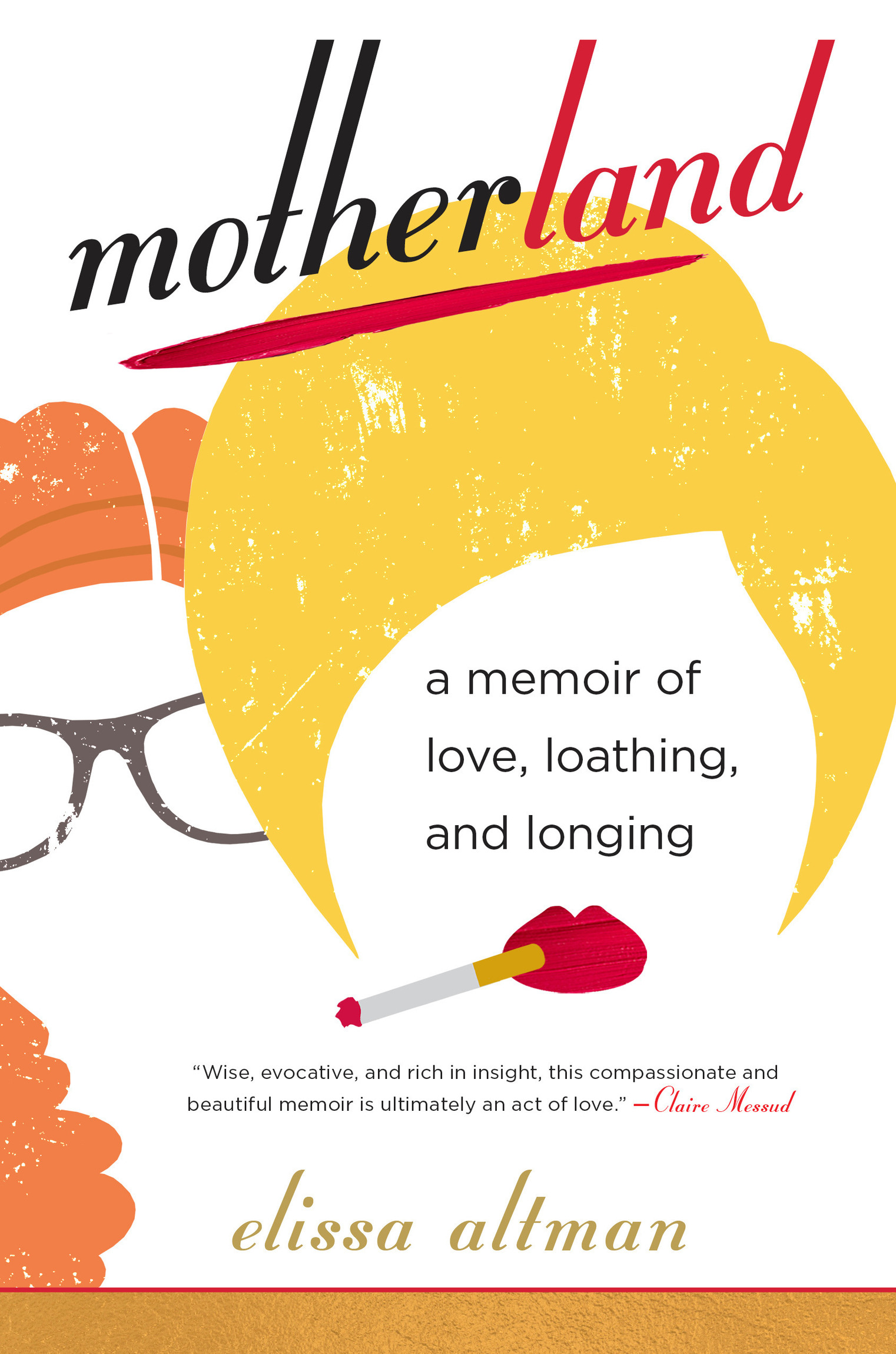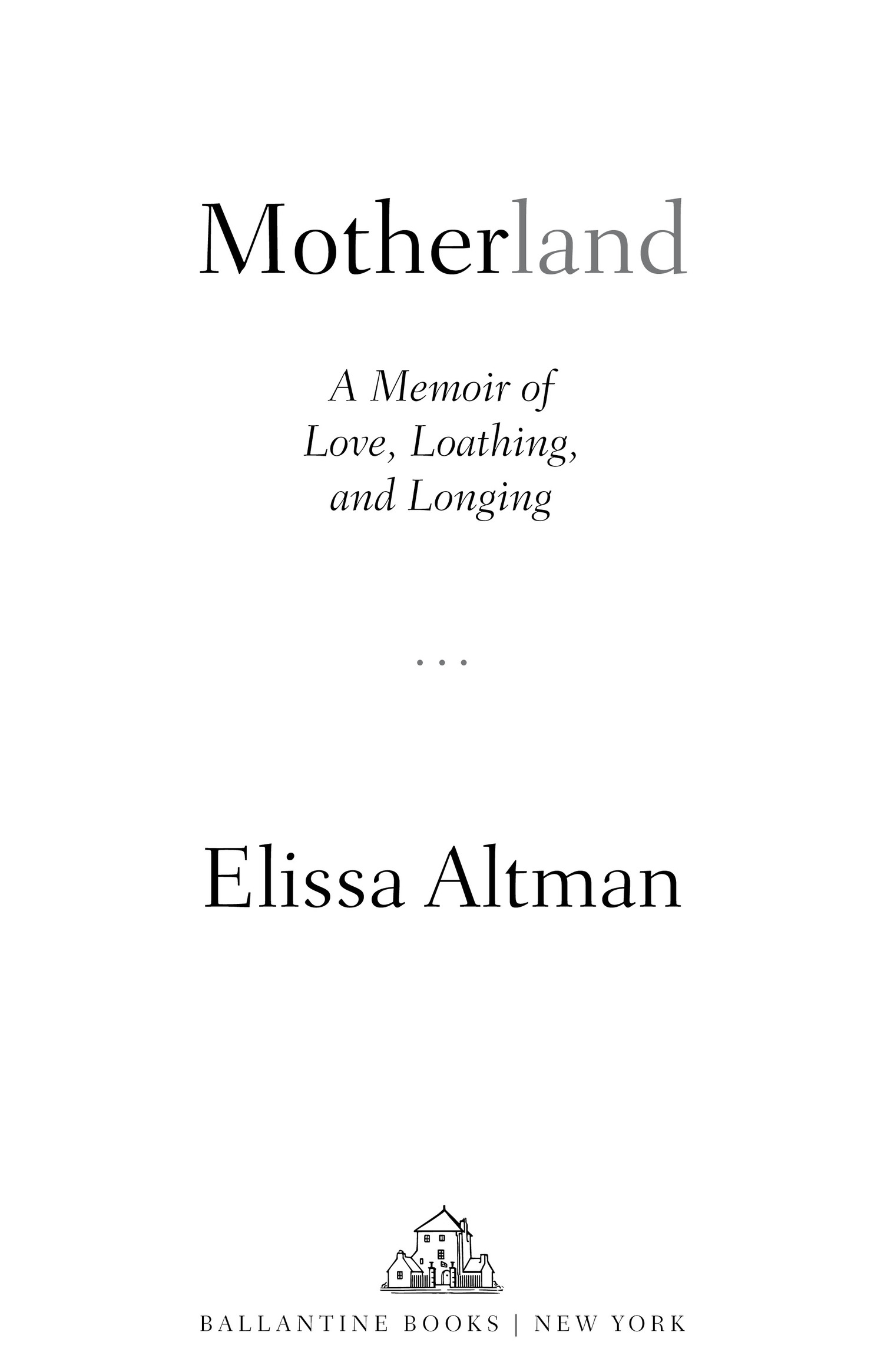Contents
Landmarks
Print Page List
This is a work of memoir, which is an act of memory rather than history. The events and experiences rendered here are all true as the author has recalled them to the best of her ability, and as older stories were related to her over the years. Some names, identifying characteristics, and circumstances have been changed in order to protect the privacy of individuals involved.
Copyright 2019 by Elissa Altman
All rights reserved.
Published in the United States by Ballantine Books, an imprint of Random House, a division of Penguin Random House LLC, New York.
B ALLANTINE and the H OUSE colophon are registered trademarks of Penguin Random House LLC.
The Girl is used by grateful permission from the author, Marie Howe.
LIBRARY OF CONGRESS CATALOGING-IN-PUBLICATION DATA
Names: Altman, Elissa, author.
Title: Motherland : a memoir of love, loathing, and longing / Elissa Altman.
Description: First edition. | New York : Ballantine Books, [2019]
Identifiers: LCCN 2019007425 | ISBN 9780399181580 (hardcover : alk. paper) | ISBN 9780399181597 (ebook)
Subjects: LCSH: Altman, Elissa. | Altman, ElissaFamily. | Women caregiversUnited StatesBiography. | Mothers and daughtersUnited StatesBiography. | Codependency. | Women authors, AmericanBiography. | LesbiansUnited StatesBiography. | New York (N.Y.)Biography. | ConnecticutBiography.
Classification: LCC CT275.A624 A3 2019 | DDC 306.874/3092 [B]dc23 LC record available at https://lccn.loc.gov/2019007425
Ebook ISBN9780399181597
randomhousebooks.com
Book design by Susan Turner, adapted for ebook
Cover design: Marietta Anastassatos
Cover art: Marietta Anastassatos
v5.4
ep
Contents
So close to the end of my childbearing life
without children
if I could remember a day when I was utterly a girl
and not yet a woman
but I dont think there was a day like that for me.
When I look at the girl I was, dripping in her bathing suit,
or riding her bike, pumping hard down the newly paved street,
she wears a furtive look
and even if I could go back in time to her as me, the age I am now
she would never come into my arms
without believing that I wanted something.
M ARIE H OWE , The Girl
Mother
(1) a: a female parent
b: a woman in higher authority; specifically: the superior of a religious community of women
(2) an older or elderly woman
(3) source, origin
(4) maternal tenderness or affection
(5) vulgar
(6) something that is an extreme or ultimate example of its kind specifically in terms of scale
(7) vinegar or sourdough starter
Also:
Mother sauce
Mother tongue
Motherboard
Mother ship
Mother lode
Mother love
Motherfucker
Preface
I WAS BORN WITH A small irregular spot on my fifth rib , beneath my left breast and below the ventricular, arrhythmic tip of my heart. The color of a faint lavender bruise, it is shaped like a triangle; a nick in a piece of old furniture.
You were supposed to be a twin, my father said. Thats probably all thats left of her.
He told me this over a pastrami sandwich at our local delicatessen in Forest Hills, New York, where we lived in a brick apartment building the color of a pencil eraser; it was the early seventies, and I was a young child, still in single digits. The air between us was humid with sauerkraut and Cel-Ray fumes, and I placed my hand over the mark and closed my eyes. I imagined who she might have been and what she might have looked like. I swore to protect her in a way I can only now describe as maternal.
As a child, I wore this mark like a badge of unfulfilled promise. I believed that she, this disfigurement, was the one I was supposed to be, the one who could have made my mother happy and eased her yearning.
I
Love doesnt just sit there, like a stone, it has to be made, like bread; remade all the time, made new.
U RSULA K . L E G UIN , The Lathe of Heaven
1
MY CONNECTICUT KITCHEN IN THE EARLY MORNING.
M Y WIFE AND I LIVE where it is quiet, not quite rural, not quite suburban, where a car driving down the street in the middle of the day is cause for wonder and, because I am still a New Yorker at heart, for the locking of the front door. Recently, we bought a heavy-duty deadboltwed never had onebecause the previous owner, who built our little house on an acre in 1971, had installed a simple push-button bedroom lock on the hollow-core front door. It wasnt that he was cheap; there was just no reason to have anything more secure. He didnt want to court karmic trouble by kitting out his home like Fort Knox. He was safe here, he told us, with his wife and two growing daughters.
When Susan and I came to look at the house on a snowy February afternoon in 2004, the owner, in his late eighties and wearing a black-and-red wool hunting coat and a green camouflage knit cap, leaned his wooden cane against one of the front pillars, pulled a massive gas-powered snow blower out of the garage and carved a wide path for us to safely walk side by side around the property. He apologized for the state of his beloved rhododendrons and azaleas, which had recently been devoured by deer but were nonetheless neatly wrapped up like cigars from top to bottom in garden burlap as if to protect the possibility that they might flower again when the season changed; gardening is a contract with hope.
The mans wife, a laconic blue-eyed woman just beginning to forget, gave us a swatch of the original yellow-and-silver-striped wallpaper, in case we ever needed to match it. They had led a good life here, the man said, and were downsizing to a nearby retirement community; one daughter was moving to England and the other to a small village in the Berkshire foothills. They were proud of their home, but soft-spoken and humble in the way Yankees tend to be.
Except for removing the wallpaper, we touched nothing else for years, including the girls bedrooms, whose walls still bore the vinyl-flowered adhesive evidence of their childhood. We eventually turned one room into my office and the other into a book-lined guestroom that I envisioned someday containing a simple Shaker-style crib, a rocking chair, a changing table. We even took chances with the lock until I began to work from home. Susan and I had thrown caution to the wind because security and safety can be such a myth; trouble can come from anywhere.
In the years that Susan and I have been in this house, I have learned the seasonal trajectory of light, which in the morning streams through the dining room window onto our ancient barnwood table in one harsh bolt. By sundown, it glares through the living room in an explosion so bright that its often hard to see the house across the street. Our life here is slow and quiet, and, for two women together nineteen years, conventional. My work is solitary; when Im writing, I can sit at my desk and not get up for hours, until the sun has made its circle around the house. A clock isnt necessary. I know what time it is by the cast of light on the walls.
On this day, the sun isnt all the way up, and the interior of the house is a murky gray. I have just come in from a run. I was never a runner, but I began recently because it creates a kind of porosity; it allows air and light to filter through me and loosens the knot that snares me every morning before eight when I answer the phone, in the slim moment between the ring and the sound of my mothers voice. A rest; a beat. A break in the symbiosis that has defined us and the universe in which weve lived. I stand in my kitchen and stare at the phone. I inhale. It rings. The dog barks. I exhale. I choose my response


